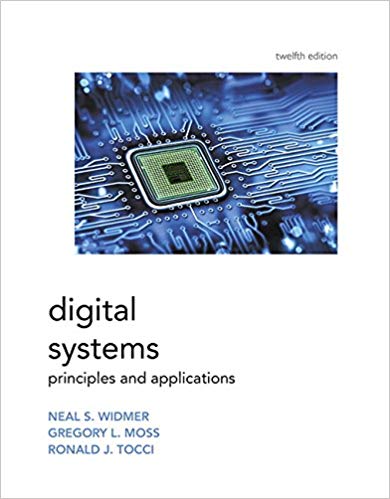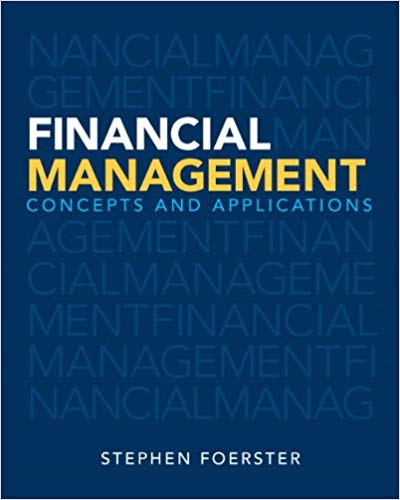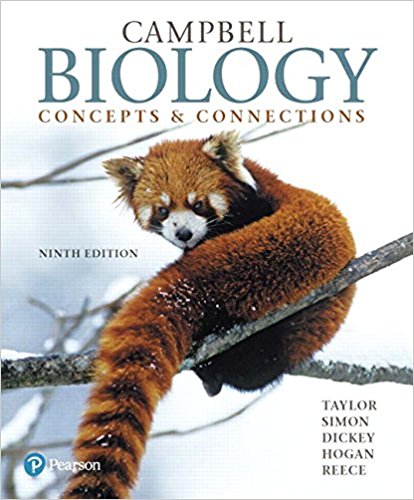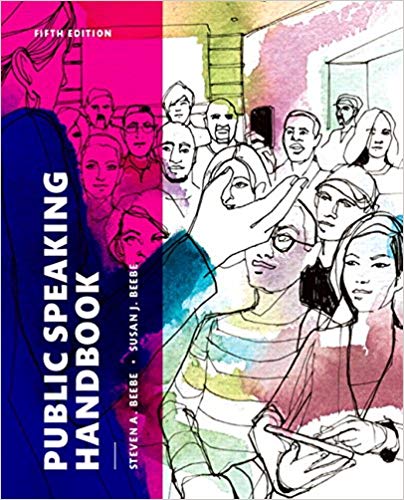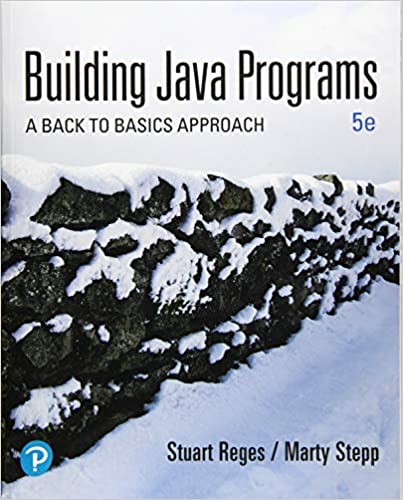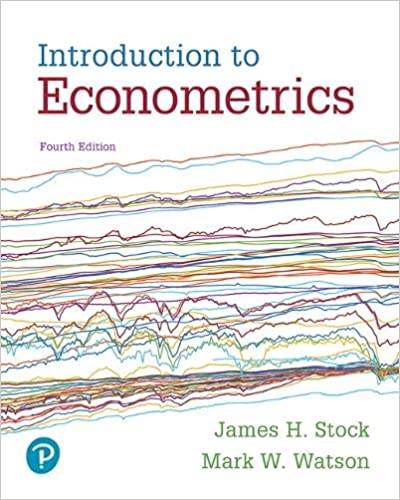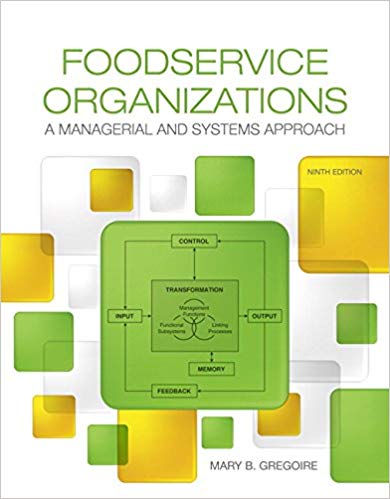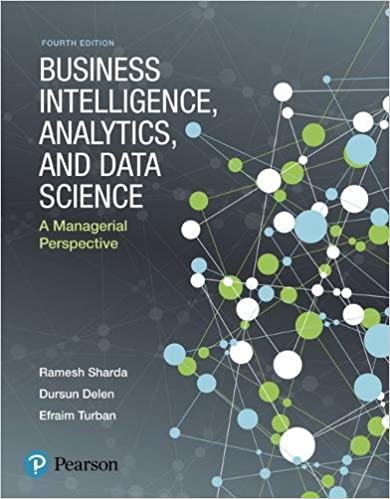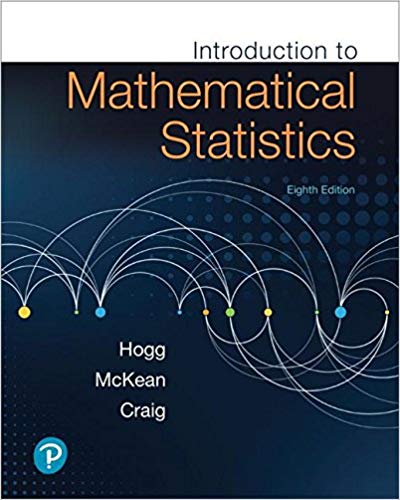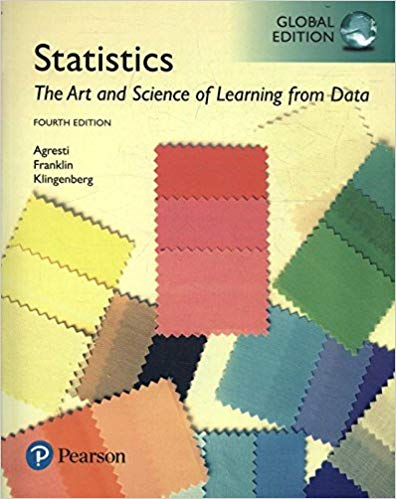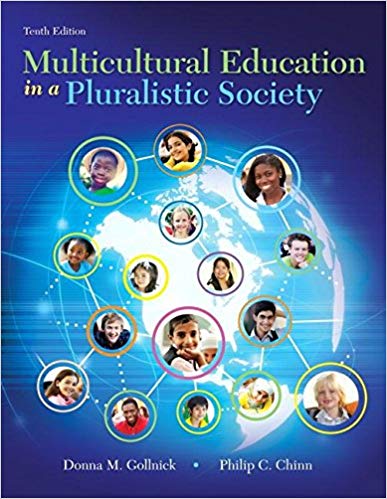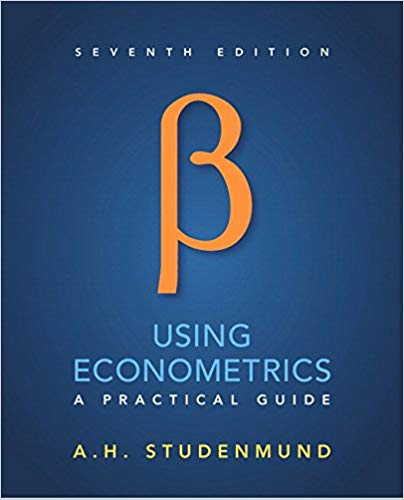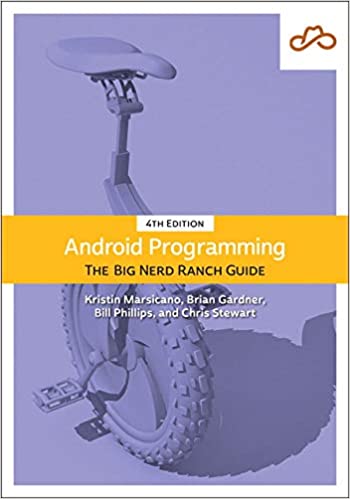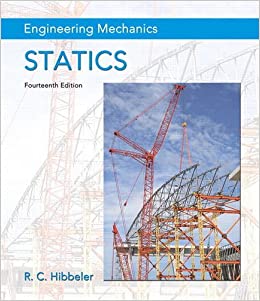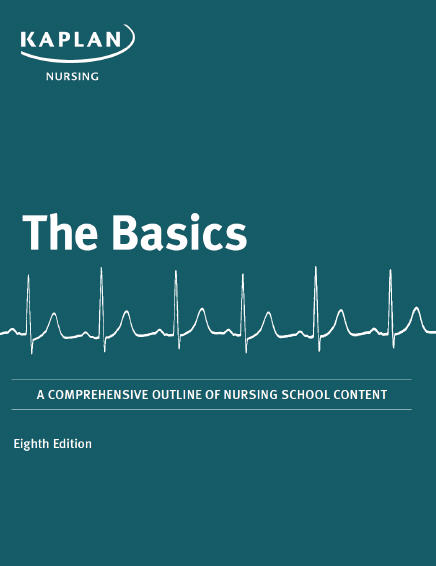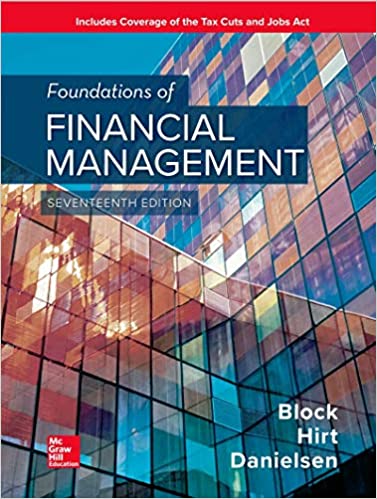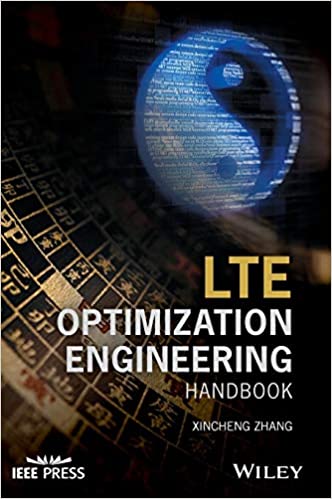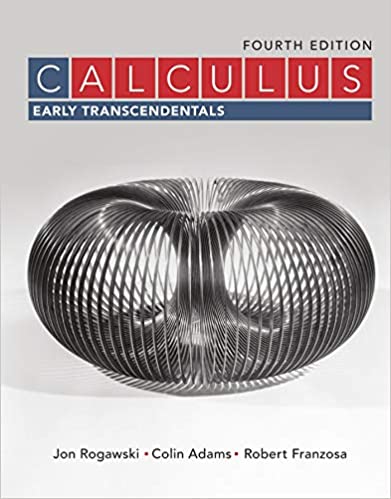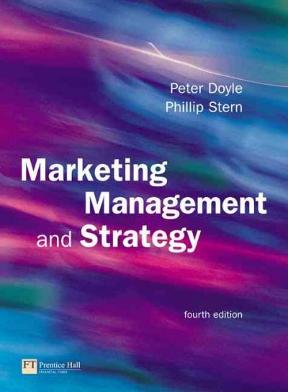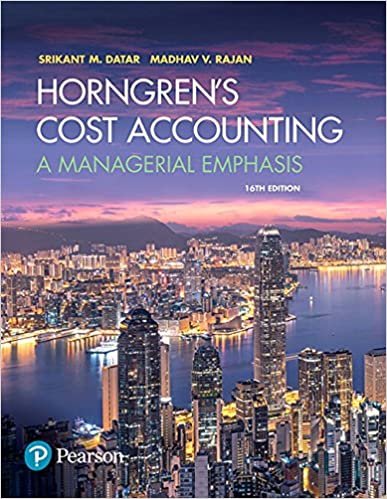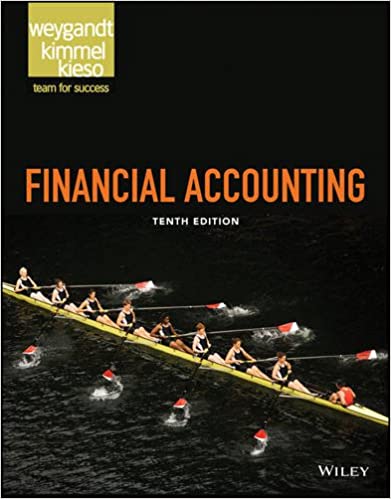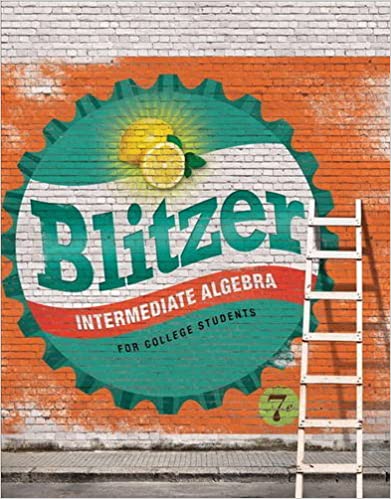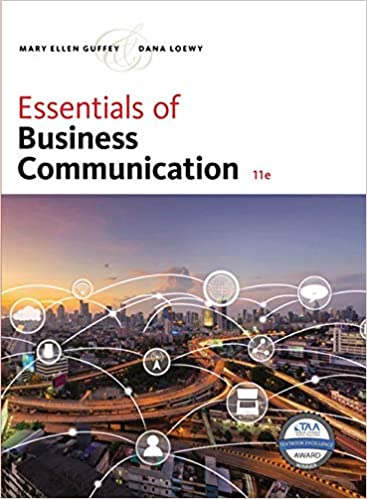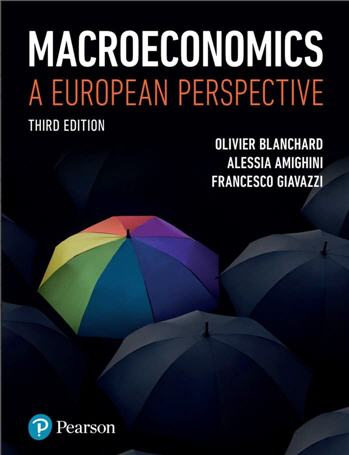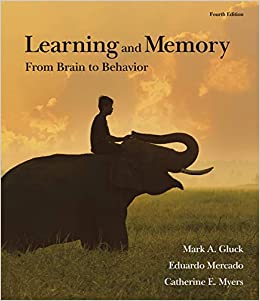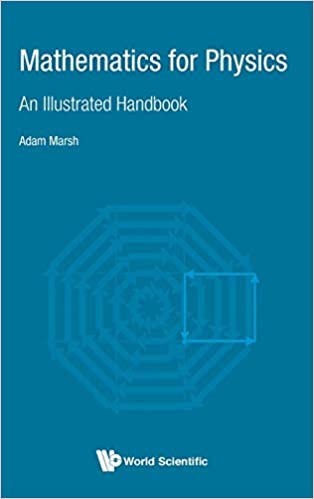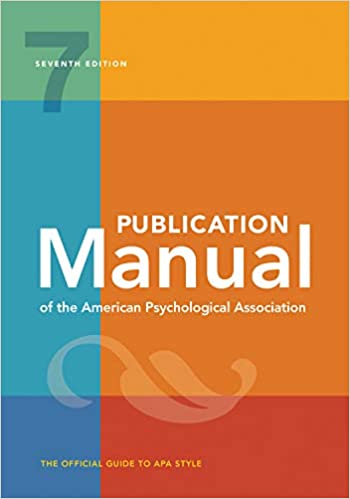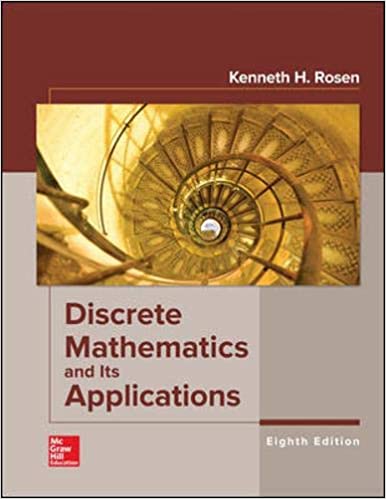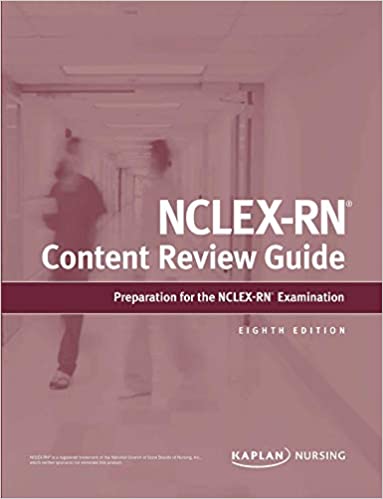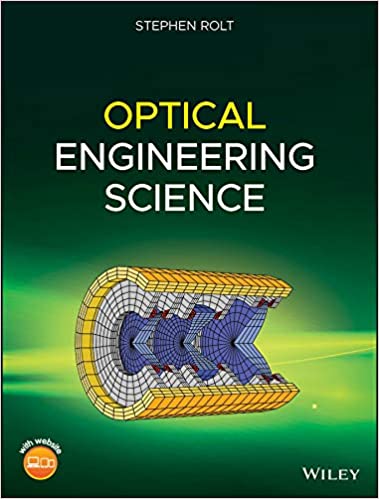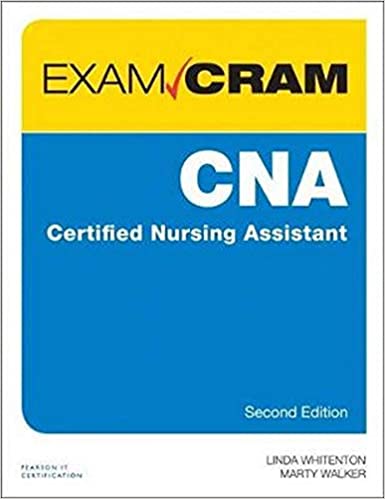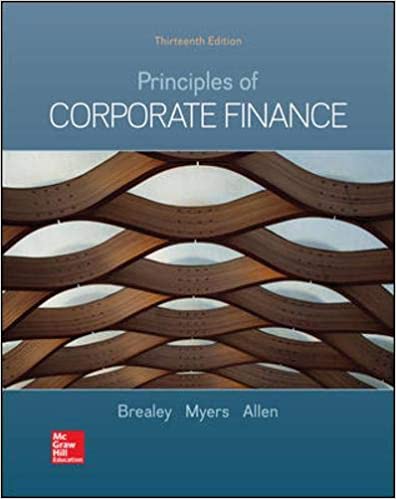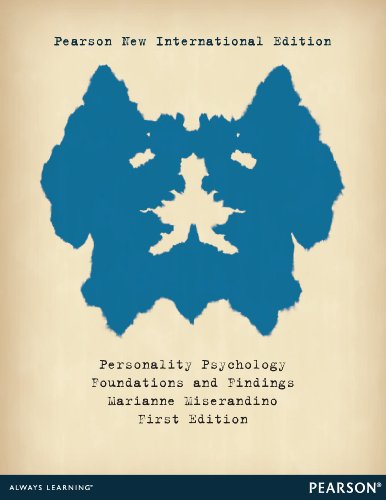
Friday, October 30, 2020
Thursday, October 29, 2020
Why a Truly Liberating Education Is Imperative - EbooksCheaper.com

This entire journal is dedicated to the theme of democracy. Exhibited are many teachers’ and students’ answers to "what is democracy"? I ask further questions: Why has democracy disappeared in our country? And can democracy exist in our schools? This nation is ours to shape, to create, to criticize, and to democratically raise our voices. As I stand in front of my class, the definition of democracy that was taught to me in my youth rings through my ears: a nation of, by, and for the people. This was a main principle upon which this nation was built. Unfortunately, those same forefathers were slave owning, misogynist, white men. Their idea of democracy was never to include all of the people. But they were onto something remarkable. I think the true potential of democracy, one where the people have an informed, legitimate, and constant say in the shaping of this nation, is something we should strive for. To that end, I have chosen to struggle to make my school more democratic. Indeed, my struggle begins within my very own classroom where I try to make my curriculum and my class environment democratic. I can’t say this is an easy task. Our schools are over-crowded and under-funded. Add to that, a conservative need for artificial and superficial "accountability" causing congress people, district big wigs, and administrators to scramble for higher test scores, and my workplace often seems the antithesis of democratic. Nevertheless, when I close my classroom door, what goes on is up to my students and me.
As a teacher committed to enacting a socially just curriculum, I believe that having a democratic classroom, or one that strives to be democratic, is imperative. Returning to my sophomoric definition (of, by, and for the people), there are many ways I can see enacting democracy in the classroom: through environment and control issues and through curriculum and methodology. My classroom’s desks are never consistently arranged. Their patterns differ depending upon the activities. For instance, a circle is used for whole class readings and community circles, pods are used for group work, and semi-circles are used for performances and presentations. But never are the dreaded straight rows seen. This inconsistency in desk arrangements should not imply that I am an inconsistent teacher. Rather, I view myself as a facilitator who consistently helps to focus a democratic education on the students themselves. We as a class must become a community that shares, learns, and grows together. Staring at the back of a community member does not allow for an interchange of knowledge. In a democracy, every member counts. In order to begin to understand how to listen and value every member in the big world, we practice listening to and valuing one another in our classroom.
What do I mean that a class must become a community? Community, among other things, means a place where students feel welcome, comfortable, and a sense of belonging. These feelings enable them to be willing and able to share and take risks with one another. If you think back to your own high school angst, you will know how difficult this concept is. Nevertheless, I struggle daily to create community in the class. First and most important, every Friday we have community circle. This is a place where for a half an hour or more we discuss what is going right and wrong in the class and we get to know each other better. These community circles have brought forth tears, laughter, anger, and countless other emotions. As students learn to trust each other more, they are more willing to share and to learn with each other. Also, as they learn to trust each other, they keep each other "in check," which effectively eliminates any discipline problem I might have. Creating community in the classroom is not the end in itself. Rather, it is the means to creating a space where the study and practice of democracy and democratic principles can take place. I believe that corporations and the myth of the individual (i.e. "Pull yourself up by your boot straps," "America, the land of opportunity," the myth of the poor immigrant who becomes a millionaire) have overtaken democracy. This acquisition has been systematic and its origins can be traced through the history of racism, sexism, and classism. And that is precisely what we study in my class. Now, I am by no means an expert in any of these subjects. But my lack of expertise is precisely what allows me to be open enough to learn from my students who experience racism, sexism, and classism every day. What do racism, sexism, and classism have to do with democracy?
Well, their existence and institutionalization have contributed to denying us our democratic rights both historically and presently. In order to regain these rights, we must understand that they have been taken from us, and then understand how, when, where, and why they were taken. To that end, I design lessons where we investigate these "-isms" in our world today. We investigate these modern day realities while at the same time tracing their history. A lot of the history I teach debunks myths and half-truths. Investigating textbooks is one of the methods that I use. Textbooks play a part in perpetuating our misperceptions by presenting an unrealistic, almost mythical version of history and the American dream. Textbook investigation leads to a more critical understanding of target audiences and the "purpose" of writing any particular material. This is one of the most effective ways to raise consciousness of my students. Consciousness raising is an important step in the struggle to return democracy to our lives. Once we know what is really going on, it is easier to resist and to struggle for change.
The focus of education must be the possibilities of tomorrow. Students must be given the ability to read the world while simultaneously learning to empathize with the individuals in the world. Role-plays, debates, skits, and many alternative methods along this vein are the best way to elicit empathy. I believe in my students. I believe that with the proper foundations, they will create a better world. I do not teach these historic injustices to be cynical and bitter. Rather, I feel it is vital that students know the truth. In addition to our historic and modern investigations, we also learn about different forms of resistance. By the end of the year, I hope that my students have a beginning understanding of the power and necessity of groups for positive change. Once armed with the truth and the knowledge of the power of resistance, students will be more capable of combating and resisting our oppressive society. Yet knowledge is only one part of the equation. Another part is action. Keeping true to the maxim that we learn best when actually doing something, I strive to incorporate action into my curriculum. That is to say, in our class community, we actually practice acts of resistance. These acts can be anything from listening to historic and contemporary songs of resistance, to teaching other students the "true" history of the United States, to actually organizing against injustices both in and out of school. One of the most successful projects that we completed this year was making class presentations to other classes and other schools about the subjects we were studying in our class. The actual organizing process is a bit risky due to legal issues, but suffice it to say that the opportunity for students to join in a youth organization on their own time to combat school injustices is presented. After just one semester in our class, my students have gained a much greater understanding of what resistance is and how it feels to be a part of it. This curriculum is designed to raise my students’ consciousness, to give them the tools necessary to read the world, and to show them models of change. At the same time, I am trying to develop my students’ belief in themselves and in each other. I often times expect my students to take large risks, be it in their presentations, in community circle, or in asking them to look at the world in a different way. I believe that in a democratic classroom or in a democratic world, it is vital that members be equipped with the power to think for themselves, the ability to critically analyze a situation, and the understanding that they have an important responsibility to a larger group. These are the things that I practice in my classroom and that I hope my students practice in their lives. As any good teacher, my methods, curriculum, and thoughts on the above matters are constantly evolving. I do not present this as any sort of final thoughts on the subject. Yet, as my experience and understanding of the injustices that we face increases, I become more and more convinced that a truly liberating education is imperative. No matter what great things we achieve in our classroom community, we must reopen our classroom door at the end of the day. There we face the labyrinth that is our school and all the problems and possibilities that exist there. Unfortunately, my struggle to bring democracy to the larger school environment is not one I can detail here. But rest assured there is a struggle, one that I fight with the help of my students and my colleagues. We are at a very exciting time in this nation’s history. As demographics change so rapidly, and our African American students actually become a majority in this nation, tomorrow’s possibilities are endless. I expect my students to want to be a part of it. The possibilities are there, the time is ripe, we must work together with our students to bring democracy to our everyday existence. This is what democracy looks like!
Source: https://ebookscheaper.com/2020/10/29/why-a-truly-liberating-education-is-imperative/
Wednesday, October 28, 2020
Tuesday, October 27, 2020
Supporting School-Community Collaborations - ebookschoice.com

American schools can no longer afford to operate in isolation. As a result, many school-linked and school-based health and human service programs have sprung up around the country. Schools are also reaching out to parents and the community to strengthen students’ educational foundations. State education agencies play a role in supporting many of these school-community partnerships, primarily for two reasons: they seek to ensure the educational success of all students (collaboration being a means to that end); and, secondly, they view themselves as key partners in larger, broader-based efforts to ensure the overall wellbeing of children and families. The highest levels of state government have undertaken collaborative efforts on behalf of children and families. The goal is to develop a model of comprehensive local services delivery with an emphasis on community-directed initiatives. The effort has focused on children placed out of state and those at risk of out of home placement. While everyone agrees that collaboration is the call of the day and necessary to create the systems that support children, youth, and their families, there are still many barriers and challenges to be overcome, including:
- Bureaucratic and cultural differences between education and collaborating agencies
- Pressure on educators to be accountable for discrete educational results, and
- The time, money, and frequent contact it takes to build working relationships and collaborations.
Despite the barriers, support for a child and family agenda at the highest levels can help collaborative efforts in communities. A formal structure, such as a children’s “cabinet,” can facilitate and establish collaboration as an expectation. While high-level state support is vital, collaboration at the school-community level is equally important. The degree of government agency support for local partnerships teeters on the dependence of many factors. Despite such bureaucratic challenges, however, state education agencies are increasingly supporting and working with collaborations at the school-community level. It is at this grassroots level that diverse and interdisciplinary groups of professionals are working together to support children and families. The increase in collaborative activities in recent years is testament to educators’ recognition that they can no longer operate in isolation if they hope to guarantee students’ success in school. Despite difficult family and community circumstances, some children succeed at school and in life. Because they have persevered through severe, often enduring and multiple challenges, they are referred to as “resilient.” If we can understand what makes for such resilience in some children, we might be able to enhance such development in others.
A classic 25-year study of psychological resilience followed infants born in Florida in adverse circumstances, including approximately 350 who were considered at high risk. Approximately one-third of those children showed no problems at all, and while the other two-thirds did have problems, by their mid-30s almost all had become constructively motivated and responsible adults. One of their distinguishing experiences as children was a long-term, close relationship with a caring, responsible parent or other adult. Other resilience studies have been made of children of mentally ill parents and teenage mothers, those in foster care, and those who have been maltreated, chronically ill, and/or delinquent. Of these children, most who achieve adult success tend to have long-term connections with competent adults, religious faith, and perceptions of themselves as worthy and competent. Parents or mentors of such children make the child feel worthwhile and valued. They exhibit competence that children can emulate, and provide guidance and constructive feedback about the child’s progress. In addition, they provide experiences that build competence and confidence. But changes in American families, such as more teen mothers, divorce, separation, and “latchkey” children, have made resilience-building more difficult. In some areas, the stabilizing influences of religious and social institutions have also declined. Unfortunately, educators have little impact outside the school on early childhood development. Urban educators face still greater challenges. Their schools are typically large and often serve poor and highly mobile families, making it difficult to reach out to families and communities. Research suggests that despite such difficulties, educators can extend themselves to promote educational and psychological resilience. First, the educational practices shown to raise achievement can be employed to help students succeed not only in school, but also in learning the skills that make for success in life. Second, educators can work with others to enhance conditions in communities that foster psychological well-being. Only about one child in four born of alcoholic parents becomes an alcoholic. What are the general traits of children who overcome this and other risk factors? Researchers have identified several key competencies of resilient children. They include:
- Social Competence: Resilient children have mild temperaments and usually avoid “flying off the handle.” They are malleable and can adapt readily to different situations. Such traits and skills enable them to attract attention, support, and affection from adults and peers.
- Intellectual Competence: Resilient children score higher on intelligence tests, particularly verbal tests, and are able to think of novel solutions to problems. Such novel thinking is often manifested in humor, which can diffuse anger and anxiety from confrontations.
- Planning: Resilient children can think about their problems, set high but realistic goals for themselves, and monitor their own progress. They believe that they are decisive in bringing about their own success.
- Resourcefulness: While they have good social skills and respond well to others, resilient children can be independent when necessary. For example, they are able to stand apart, from abusive and disordered families, and to form bonds with others outside the family.
These four areas of competency are hardly predestined; they can be learned in families, schools, and communities. To the extent that parents, educators, and other adults in the community encourage development of such resilience competencies, children are likely to be successful in school and in life. The school’s first priority is learning, and anything that enhances learning is in a student’s educational interest. Some practices, however, seem especially important to children who live in high-risk circumstances. For example, local, state, and national movements toward curriculum standards have made it possible for teachers at various grade levels to build on what students have learned in previous grades. This is particularly important for mobile children, who often suffer setbacks in grade level and achievement when they move to a new school. New meta-cognitive learning methods encourage students to set and monitor their learning goals. In reciprocal teaching, for example, children prepare a lesson and then teach each other, following the adage, “To learn something well, teach it.” The need for planning and organizing such activities not only helps learning, but also improves children’s capacities for independence and teamwork, both valued in adult life.
Research shows that children in categorical programs, such as special education and Title I of the Elementary and Secondary Education, are often poorly served in segregated settings. They may be injuriously stereotyped and given inferior lessons, and consequently they may learn less and suffer from low self-esteem. Many such vulnerable children would do better in regular education classrooms that are designated to accommodate individual differences among students.
Teachers, principals, and other school staff can serve as role models for at-risk children by demonstrating what they do to solve real-life problems. When problems arise, educators can discuss with students the causes, possible solutions, and ways of implementing the best solution.
When educators perceive that a student is undergoing a crisis, a confidential chat, some encouragement, or a referral to a professional specialist can work wonders. Sometimes just listening can help. Educators who form strong, enduring bonds with students can be of great benefit to children in crisis. Families that have a variety of educational and psychological resilience resources available to them are more likely to effectively nurture children. For example, families can consult educators for insights and helpful information on effective parenting and educational practices. Educators can also provide confidential support and advice to families seeking guidance in dealing with risk factors and deterrents that hinder resilience. Parents can provide a healthy environment for their children in many ways:
- Avoid violent conflicts and abuse
- Exhibit warmth and caring
- Encourage joint activities
- Encourage responsibility through family chores
- Provide positive role models
- Introduce appropriate expectations
- Show interest in accomplishments
- Enroll children in school and community programs
- Encourage skill development
- Seek professional help when necessary
- Participate in organized adult-child programs
Healthy communities are likely to foster resilient children. Public safety is obviously important, as are agencies that provide effective library, medical, psychological, and social services. Schools can link to community agencies to provide referrals to collaborative services, and cooperative programs. As in medicine, preventative actions may be wiser and more cost effective than after-the-fact remedies. Schools can help by informing students and parents of the resources that communities have to offer. Cooperative programs are especially effective. Resiliency programs are hardly a panacea for the problems that many children face in school and in life, although various strategies and approaches have had some measure of success. Given the problems and challenges faced by today’s children, expanding such efforts through the nurturing support of all adults who work with children seems very much in our national interest.
Source: https://ebookschoice.com/supporting-school-community-collaborations/
